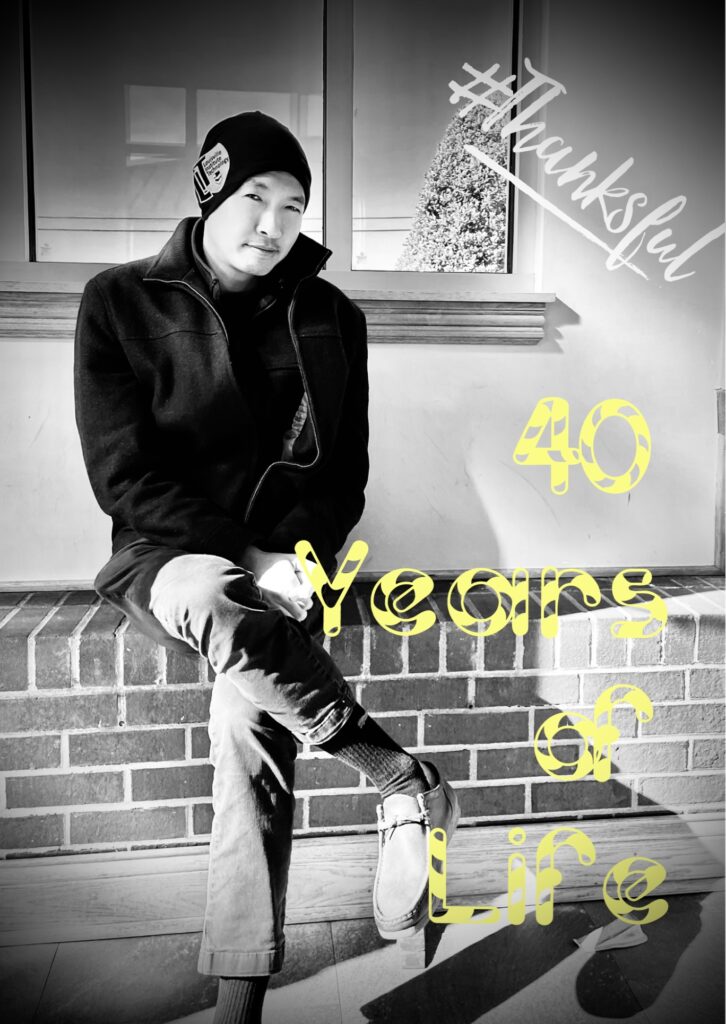This quote from Sholom Aleichem, a Yiddish playwright and humorist, reflects the multifaceted nature of life. His words hold profound philosophical depth and address the various ways life can be interpreted based on individual perspectives and experiences. By analyzing each component of the statement, we gain insight into the complexities and contradictions that define the human experience.
1. “Life is a dream for the wise”
Philosophers have long toyed with the idea that life is dreamlike. From Plato’s allegory of the cave, which likens the world we know to mere shadows on a wall, to Zhuangzi’s musings on the distinction between a man dreaming of being a butterfly and a butterfly dreaming of being a man, the concept of life as a dream suggests a fleeting, ephemeral reality.
Being wise might involve recognizing the transient nature of existence. The Bhagavad Gita, an ancient Indian scripture, speaks of the world as “anitya” or impermanent. Wise individuals, with their deep insights and introspections, can often see beyond the superficial realities, understanding that many of life’s pursuits might be as illusory as dreams. Just as we wake from dreams, the wise might see life as a transient state before moving on to something more eternal (Pandey, R., 2003. Bhagavad Gita: A Journey from Body to Soul).
2. “A game for the fool”
Drawing upon the theme of illusion, life can seem like a game for those who don’t delve deep into its meanings. This sentiment is reminiscent of Shakespeare’s words in As You Like It: “All the world’s a stage, And all the men and women merely players.” Yet, for the fool, life’s trials and tribulations might be taken lightly, without realizing the consequences of their actions.
Historically, the “fool” in literature, such as the Fool in King Lear, might be seen as naive or comical, but their perspective on life’s game can also offer sharp insights. While they may not always grasp the depth of situations, they view life through a carefree, playful lens, often helping others see the irony in their gravest concerns.
3. “A comedy for the rich”
Here, Aleichem may be commenting on the societal structures that privilege the affluent. Historically, those with wealth have often been distanced from the harsher realities of life, living in comfort and luxury. This detachment might make life’s challenges seem trivial, turning them into sources of amusement. The rich, in their lofty abodes, might be blind to the struggles of the common people, making their problems appear as mere comedic sketches.
This perspective echoes sentiments found in works like F. Scott Fitzgerald’s The Great Gatsby, where the opulence and carefreeness of the rich lead to recklessness and tragedy for others. In their privileged bubble, the wealthy might be laughing, unaware or indifferent to the suffering outside their golden walls.
4. “A tragedy for the poor”
In stark contrast to the comedic viewpoint of the affluent, life is often a series of challenges for the impoverished. Poverty brings with it a multitude of concerns, from securing basic needs to facing societal discrimination.
Literary works like Charles Dickens’ Oliver Twist highlight the tragic life of the destitute in a society that marginalizes them. Struggles for survival, dignity, and basic human rights define their existence. The world may appear indifferent or even hostile, turning their life stories into tragedies.
Conclusion
Sholom Aleichem’s quote brilliantly captures the myriad ways life can be perceived. By juxtaposing the perspectives of the wise, the fool, the rich, and the poor, he highlights the subjective nature of existence. Our position, experiences, and knowledge shape our view of life. Recognizing these diverse interpretations can foster empathy and understanding among individuals from various walks of life, reminding us of the interconnected tapestry of human experiences.
References:
- Pandey, R. (2003). Bhagavad Gita: A Journey from Body to Soul.
- Shakespeare, W. (1623). As You Like It.
- Shakespeare, W. (1606). King Lear.
- Fitzgerald, F. S. (1925). The Great Gatsby.
- Dickens, C. (1838). Oliver Twist.



